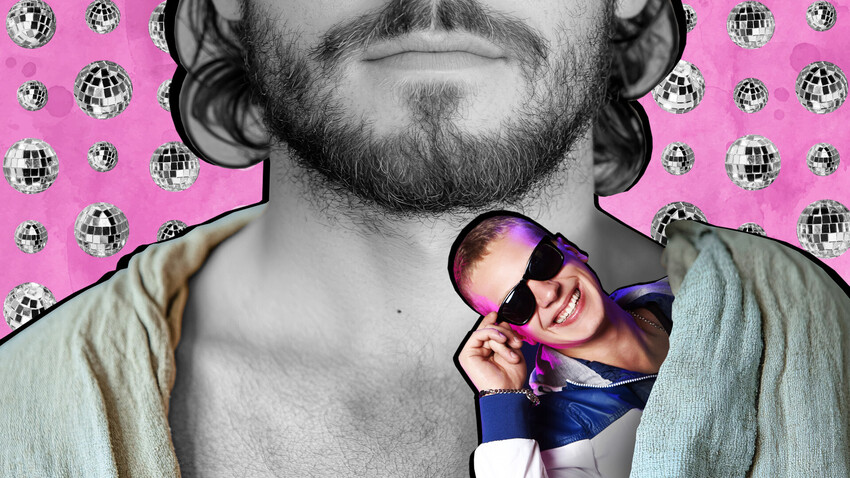
In the old days, the space between the chest and clothes adjacent to it was referred to as a ‘pazukha’. In those days, there were almost no pockets, so all the most valuable things were carried just behind the ‘pazuha’. There were even special rituals: For example, in Perm Province, parents would bless their son who was preparing to leave home and then would hide an icon behind his ‘pazuhka’.
The expression “Next to Christ's chest” implies that a person is under the protection of our main protector, literally like in heaven. Describing life in their parents' home, girls could say: “It is warm in the bosom of my father and mother, even in the frost.” - “I will dry you and warm you up; I will bandage your wounds, you see, you have torn your hands. You will live with me, like behind Christ's chest, eat sweetly and sleep even sweeter than that,” the heroine in Ivan Turgenev's story ‘Steppe King Lear’ tried to persuade her father.
But, if a loved one betrayed their trust, they would say sadly about them: “They’ve warmed a snake behind their chest.” An English equivalent idiom would be: “Like in God’s pocket.”
Dear readers,
Our website and social media accounts are under threat of being restricted or banned, due to the current circumstances. So, to keep up with our latest content, simply do the following:
If using any of Russia Beyond's content, partly or in full, always provide an active hyperlink to the original material.
Subscribe
to our newsletter!
Get the week's best stories straight to your inbox